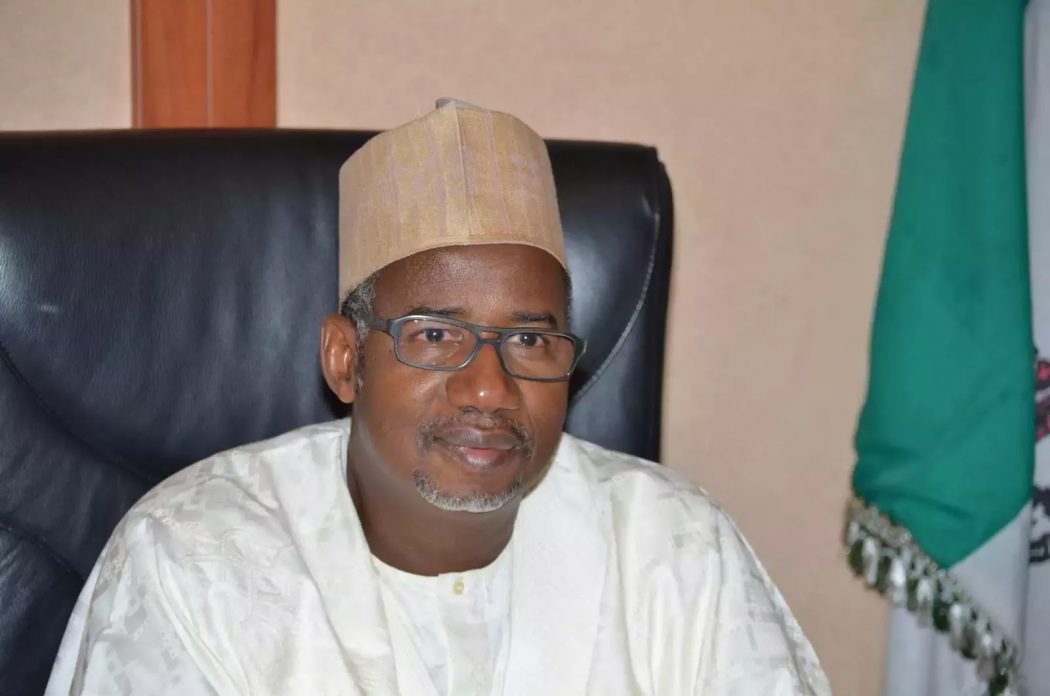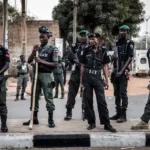By Adamu Lawal Toro
On the 14th of February, 2021, a statement by the spokesman for the Bauchi State Urban Water and Sewage Corporation, Umar Adamu Jibrin, announced that the corporation will shut down Gubi Dam Water Treatment Plant for 35 days, beginning 15th February – 25th March, 2021, to allow for installation of new facilities at the plant under the on-going Rehabilitation and Expansion of the Bauchi Metropolitan Water Scheme.
Such are the types of heartwarming announcements which every citizen residing in any state would love to hear. Announcements informing the public of impending developmental projects are always welcome. The governor of Bauchi State has quite a number of such projects to his credit. There are, of course, other projects the governor is currently undertaking to develop the state, that include the Bauchi Township, Roads network improvement, which one understands to be in line with the Township Master Plan.
- Beware of COVID-19 third wave, PTF tells Nigerians
2 dead, 160 hospitalised as strange disease spreads in Kano
However, while it is commendable that the government is doing well to improve Bauchi water supply, but the timing of this particular shut down, which is currently depriving the citizens of the metropolis from getting the most needed commodity for the survival of human life, which embarrassingly happens to be at the beginning of the hot season, when water supply is in its highest demand, and water table has gone far down below the ground surface, is totally ill-timed, insensitive and defies any logic.
It is very clear that the government was ill-advised on the shutdown of the entire water supply to Bauchi metropolis, at the peak of the dry season, particularly considering the very poor nature of water supply from boreholes and hand dug wells in these areas, at this time. Such actions leave one with no doubt that appropriate professionals, such as water engineers and town planners, were not involved at the various stages of the planning and execution. Otherwise professionalism, and indeed logic, would have prevailed at the early stages, to ensure such inappropriate shutdowns did not happen, at any stage during the execution of the project. It is all a matter of professionalism, good planning and reasonable thinking!
The consequence of this gross mistake results in placing an ugly situation on record, where the residents of the metropolis, are forced to go through a period when there will not be a drop of water for up to 35 days at a stretch. Bauchi city has never been so hard hit by water shortages, like it is happening right now!
To make matters worse for the residents of the city and environs, only a handful of water tankers were deployed to distribute water, in the state capital where even up to 100 tankers cannot meet 10 per cent of their basic water demands. The decision to deploy such few water tankers, as an attempt to cushion the water shortage disaster caused by the shortage, is another indication of very poor judgment.
One can but only imagine the hardship being suffered by the residents in the metropolis, who have enjoyed regular water supply for upwards of 30 years, since the time Gubi Dam was commissioned.
It is very unfortunate that the obviously expected population explosion of Bauchi metropolis was never taken into consideration; hence there were no plans either for the dam’s expansion or for the construction of additional one to cater for the population increase.
But happily, we understand that the current government has given some consideration to the expansion of the dam, as part of the on-going water supply rehabilitation programme, although experts fear that even this current expansion will still be inadequate.
One would hope that the ongoing water rehabilitation programme would have included the expansion of the dam itself so that a lot more water would be impounded, otherwise the government would complete the rehabilitation only to discover that there is not enough water impounded in the dam, which would eventually lead to another water shortage crisis soon after the completion of the rehabilitation.
A piece of advice here is to ensure any attempt to embark on the dam expansion programme must include fresh topographical and hydrological surveys, in order to know the extent to which height of the dam walls would be increased, to enable impounding adequate raw water in the dam.
Suffice it to say that it would be grossly embarrassing to discover that the dam had not impounded enough raw water to last till the following season, after the completion of the entire Bauchi water supply project.
It is also pertinent to advise here that it will be a complete waste of resources to continue to believe that boreholes can even give any relief in the water supply of Bauchi metropolis. Consequently, upon several recent severe water supply hiccups, Bauchi metropolis had quite often suffered from many outbreaks of gastroenteritis, at the onset of most hot seasons. Such are some of the consequences that should have been taken into considerations before the unfortunate shutdown.
After over 30 years of supplying water to Bauchi city and the environs, Gubi Dam could no longer adequately supply water to the growing population, a new thinking to tackle the water and sewage challenges of the entire state should have been on the drawing board long ago, which should consider water supplies to all major towns like Azare, Misau, Jama’are, Ningi, Dass, and other smaller towns. Water schemes, which would ensure adequate supply of water to closely-knit urban settlements that stretch around Toro, Narabi, Tilde and Magama, should be developed from a single dam. Furthermore, a new dam, somewhere around Dass, to supply water to Dass, Tafawa Balewa, Bogoro and even to Bauchi metropolis, would be a very welcome idea.
The ultimate solution to supply Bauchi metropolis and its environs with adequate water lies in the construction of a dam on River Dindima (to supply Bauchi metropolis and the towns en-route), or the construction of a couple of small dams not far from the capital.
Toro is at No. 5 Lord Lugard Street, Asokoro, Abuja.

 Join Daily Trust WhatsApp Community For Quick Access To News and Happenings Around You.
Join Daily Trust WhatsApp Community For Quick Access To News and Happenings Around You.


